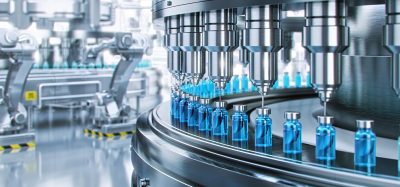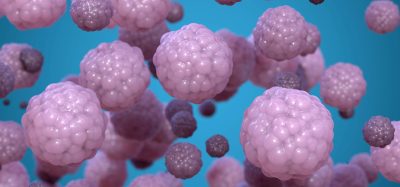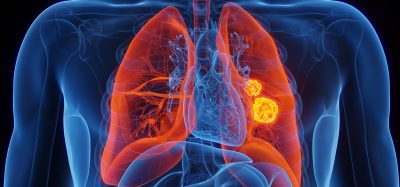Expert view: The future of cell expansion for monoclonal antibody production
Posted: 12 December 2019 | Sartorius | No comments yet
There is room for improvement in the production of monoclonal antibodies; commercial production needs increased process efficiency and reduced costs.
A fully-closed system eliminates the need for a biosafety cabinet to improve process efficiency, while decreasing the costs. Sartorius’s MYCAP® CCX combines integrated tubing in the cap for aseptic transfer with a specialised gas exchange cartridge that supports cell growth in the incubator. Therefore, cell passaging can be achieved outside the biosafety cabinet. Cubis balance software applications control pumps and transfer volumes to automate cell passaging, thus reducing costs and improving repeatability.
This advancement alone, however, does not reduce the number of passages prior to production. Generating adequate biomass through shake flasks can take up to a month. Looking forward, high-volume, high-cell density (HCD) cell banking in cryobags brings a new level of improvement.
HCD cell banking reduces time from thaw to production by condensing the seed train, with several production benefits: 1) increased flexibility and throughput during production; 2) reduced production footprint and costs; and 3) allowing closed end-to-end processes. Development efforts continue addressing needs around the gentle and accurate treatment of cells upon cryoprotectant exposure, as well as the long-term storage of cell banks. Debates are ongoing regarding the regulatory status of these cryocultures. Automated, closed-cell passaging, available today, represents a dramatic improvement over previous methods by reducing risk and optimising processes. We see future opportunities for improvement as development of HCD cell banking in cryobags continues.
Related topics
Antibodies, Drug Discovery Processes
Related organisations
Sartorius








